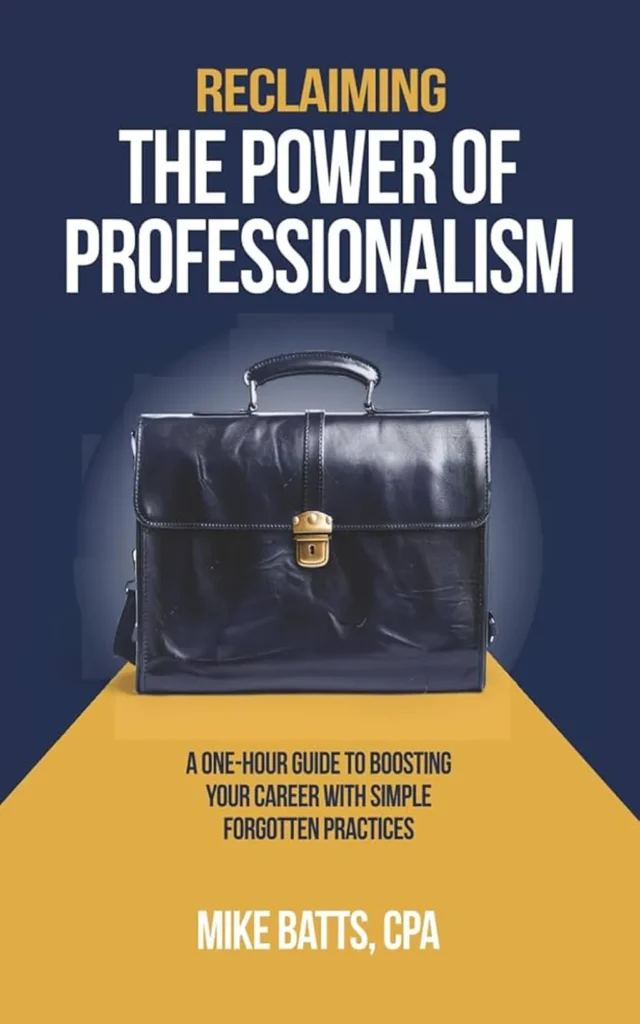In the wake of the Grenfell Tower tragedy and a string of high-profile building failures, the construction industry is grappling with a pressing question: how can we ensure that the built environment is safe, equitable, and sustainable? A recent article published in the journal ‘Buildings & Cities’ (translated from English as “Buildings & Cities”), authored by Simon Foxell of The Architects Practice and The Edge in London, delves into this complex issue, arguing that a renewed focus on professionalism and governance is crucial for the future of the industry.
Foxell’s article, “Built environment governance and professionalism: the end of laissez-faire (again),” explores the shifting balance between governmental regulation, professional practice, and market forces in the construction sector. He contends that the industry has swung between laissez-faire and heavily regulated approaches over time, and that the current neoliberal climate has led to a decline in the public purpose objectives of professional institutions.
“The growth of professional institutions was driven by a desire to serve the public good,” Foxell explains. “But under neoliberalism, this focus has been diluted, and we’ve seen a rise in box-ticking exercises that don’t necessarily translate into better outcomes for people.”
Foxell argues that the Grenfell Tower fire and other recent disasters have exposed the dangers of this approach, and that a return to the founding principles of professionalism is needed. He advocates for a transformation in the governance of the professions, with a focus on behavior, ethics, competence, and research-based evidence.
So, what does this mean for the construction industry and the energy sector, which is increasingly intertwined with the built environment? Foxell’s analysis suggests that a renewed focus on professionalism could have significant commercial impacts. For one, it could lead to a more robust and resilient built environment, reducing the risk of costly disasters and improving the long-term value of buildings.
Moreover, as the energy sector increasingly turns to buildings as a key site for decarbonization efforts, a more professional and accountable construction industry could help to ensure that these efforts are effective and equitable. “A coordinated system of governance involving both market regulation and professionalism has an essential role to play in making an equitable and rules-based economy work,” Foxell notes.
The article also highlights the importance of organizational governance and policy in ensuring that built environment professionals have the competence, authority, and freedom of action to fulfill their public purpose obligations. This could have implications for energy sector companies that are increasingly involved in building-related projects, such as retrofitting buildings for energy efficiency or installing renewable energy systems.
Ultimately, Foxell’s analysis suggests that a renewed focus on professionalism and governance could help to shape a more sustainable, equitable, and resilient built environment – one that is better equipped to meet the challenges of the 21st century. As the construction industry grapples with the fallout from recent disasters and the pressing need to decarbonize, Foxell’s insights offer a timely and thought-provoking perspective on the path forward.

